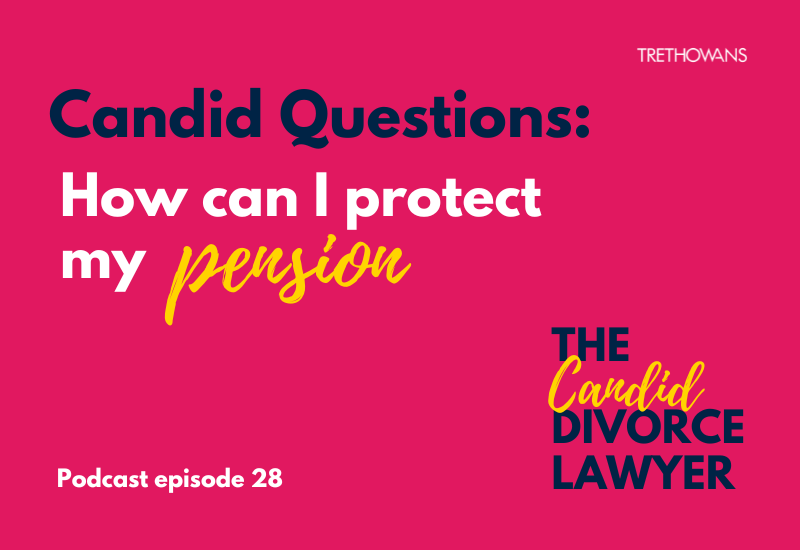- 06 Nov 2023
- •
- 3 min read
There’s been an accident at our workplace – do we need to report it?

In certain circumstances, employers, self-employed individuals and people in control of work premises have an obligation to report serious accidents.
The relevant legislation is the Reporting of Injuries, Diseases and Dangerous Occurrences Regulations 2013; you may have seen the regulations referred to as ‘RIDDOR’.
Is every accident reportable?
No, not every accident is reportable.
Under RIDDOR, a death or injury needs to be reported when:
- a work-related accident causes death or injury; and
- in the case of an injury, it is one listed in RIDDOR as being reportable.
What is an ‘accident’ and is it ‘work-related’?
According to the Health and Safety Executive (HSE), “There must be an identifiable external event that causes the injury, e.g. a falling object striking someone”. RIDDOR clarifies that an accident “includes an act of non-consensual physical violence done to a person at work”.
RIDDOR defines a “work-related accident” as “an accident arising out of or in connection with work”. It goes on to clarify that this includes an accident “attributable to”:
- the way in which the work was being carried out;
- the plant or substances being used for the work; or
- the condition of the premises being used.
What type of injuries are reportable?
The full list is set out in RIDDOR, but here are some examples of the types of injuries which are reportable if suffered by a person as a result of a work-related accident.
In relation to a person at work (a worker):
- a fractured bone (other than a finger, thumb or toe);
- amputation of an arm, hand, finger, thumb, leg, foot or toe; or
- any crush injury to the head or torso causing damage to the brain or internal organs in the chest or abdomen.
The reporting obligation also arises when a person at work is “incapacitated for routine work” (i.e. they are away from work or can’t perform their normal duties) for more than seven consecutive days because of an injury arising from a work-related accident. The seven-day period starts on the day after the accident and includes weekends.
In relation to a person who is not at work (for example a member of the public):
Where a person suffers an injury which results in them being taken from the site of the accident directly to a hospital for treatment for that injury.
In relation to any person:
Where a person dies as a result of a work-related accident.
There are some exceptions when the injury or death of a person does not need to be reported, for example where this involves the movement of a vehicle on a public road (although even with this there are occasions when an accident does need to be reported, for example, where it involves the loading or unloading of the vehicle).
How long do we have to report the accident?
Where a person is incapacitated for routine work for more than seven days, you must report the accident to the relevant enforcing authority (the HSE or a local authority) as soon as practicable and in any event within fifteen days of the accident.
Otherwise, you must notify the relevant enforcing authority of the reportable accident by the “quickest practical means without delay” and send a report within ten days of the accident.
How do we report the accident?
There are online report forms that can be completed via the HSE website here. There is also a telephone service for reporting fatalities and certain specified injuries during weekday business hours and a number for an out of hours duty officer if the work-related accident results in a death, multiple casualties or major disruption (these can also be found on the HSE website).
What if we are not sure whether to report?
Deciding whether or not to make a RIDDOR report is sometimes not clear cut. For example, you may not know how bad an injury is (and therefore whether if it is an injury that needs reporting under RIDDOR). You may be unsure whether a member of the public injured at your work premises has received treatment at hospital for their injury (they may only have been examined). You may even be questioning whether you are the right person to make the report (if for example, the accident involved an agency worker).
If in doubt about whether to report or what to put in the report, you should seek legal advice. Do not feel pressurised into making a report if you are not sure and you have not taken legal advice. Admissions made in a RIDDOR report may be used as evidence in any subsequent criminal and/or civil proceedings.
What if we don’t report when we should have done?
Failure to report a reportable accident is a criminal offence. The maximum penalty is an unlimited fine for organisations and an unlimited fine and/or two years imprisonment for individuals.
If you need assistance with understanding your legal obligations regarding reporting an accident in the workplace, then please get in touch with us on 0800 2800 421 or contact us here and we will be pleased to help.





